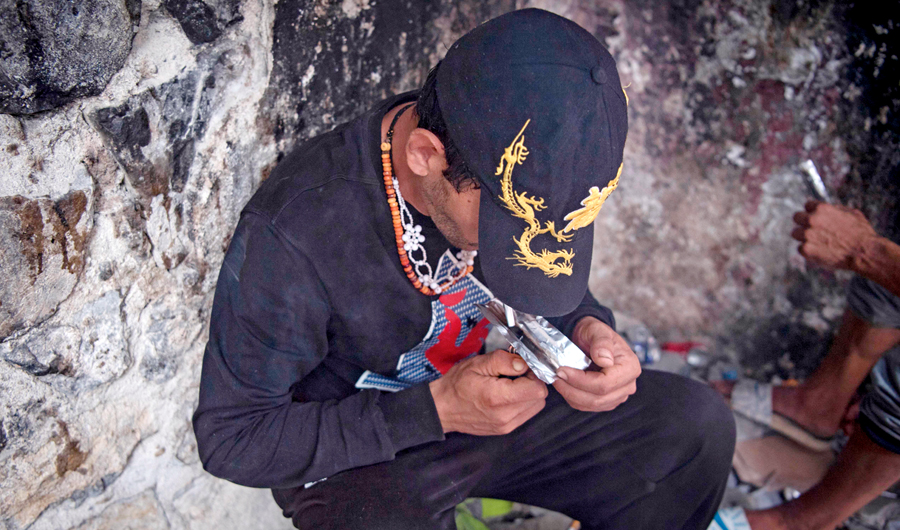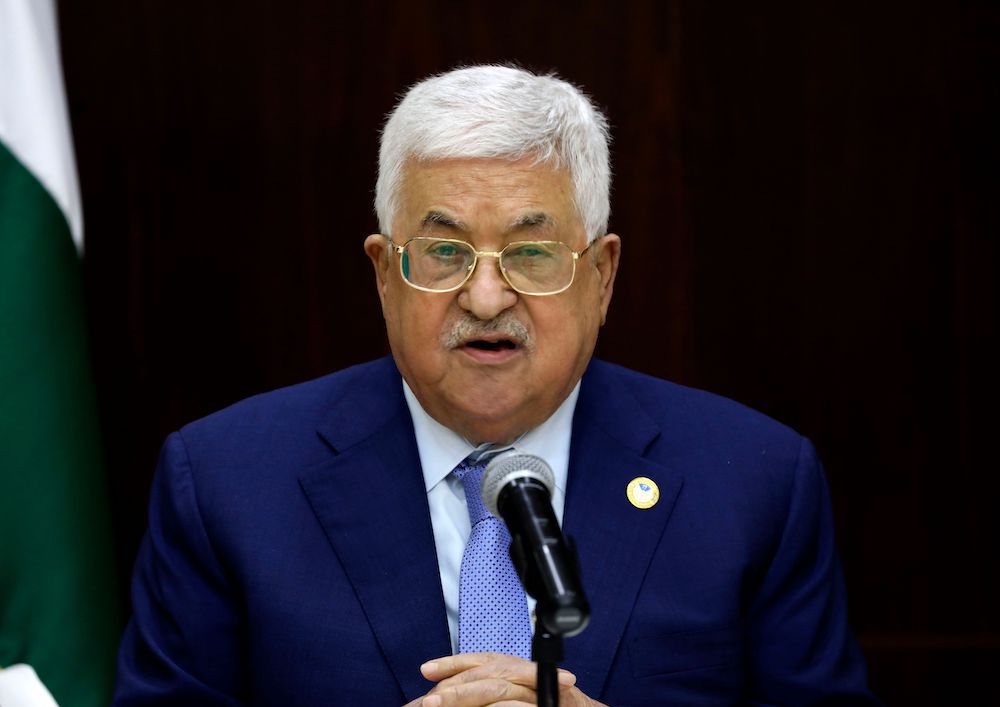Qatar’s Al-Ghufran tribe fights for justice — and right to citizenship
JEDDAH: In June, 1995, Qatar’s then Crown Prince Sheikh Hamad bin Khalifa Al-Thani deposed his father, Sheikh Khalifa Al-Thani, the ruling emir, in a bloodless coup.
Sheikh Khalifa was outside the country when the overthrow took place, and the crown prince quickly gained the allegiance of other Al-Thani family leaders and key tribes in order to secure his position.
However, in February the following year, supporters of the emir joined a counter-coup in a bid to reinstall the deposed leader. It failed because the emir was unable to return to Doha airport in the agreed time.
Immediately afterward, the government arrested scores of Qataris, who were held in isolation before being stripped of their citizenship and deported.
That is also what happened with 6,000 members of the Al-Ghufran tribe, who have been forced from their homeland, and accused of masterminding the coup and attempting to assassinate Sheikh Hamad.
The Al-Ghufran tribe is a branch of the semi-nomadic Al-Murra group, one of the largest tribes in Qatar with more than 10,000 members, according to unofficial estimates. Most live in Qatar, and in the east and south of Saudi Arabia. It consists of several branches, including Al-Buhaih, Al-Fuhaidah, Al-Jaber and Al-Zaidan.
According to several members of the Al-Ghufran, the Qatari authorities’ persecution of the tribe dates back to June 25, 1995, when Sheikh Hamad deposed his father in a bloodless coup. The Qatari people were shocked at TV news of the overthrow, which took place when Sheikh Khalifa was on a trip abroad.
TIMELINE
Qatar Chronology:
- June 27, 1995 – Sheikh Hamad bin Khalifa Al-Thani deposes his father
- Feb. 14, 1996 – Sheikh Khalifa stages counter-coup. Members of more than 17 Qatari tribes join the failed coup; more than 300 suspects arrested
- 1997 – Trial of 121 accused, including 21 members of the Al-Ghufran tribe, begins
- 2001 – Trial ends
- 2004 – Withdrawal of Al-Ghufran citizenship begins
- 2010 – Saudi King Abdullah intervenes to free 21 of those involved in the coup
After less than seven months, Qatari authorities announced they had foiled a counter-coup against Sheikh Hamad led by his father who had tried to return to Qatar. An arrest warrant was subsequently issued against Sheikh Khalifa through Interpol.
Rashed Al-Amrah, an Al-Ghufran tribe member and former Qatari police officer, was stripped of his citizenship by the Qatari government after the failed 1996 counter-coup.
“Some of us did not believe what happened, especially that the son perpetrated the coup against father since the father has great stature in the Islamic religion and, specifically, in Gulf communities,” he told Arab News.
“We have seen a number of citizens and a number of the Al-Thani family members pledge allegiance to the new sheikh as emir of Qatar.
“There was hearsay and statements made by Sheikh Khalifa that he will return to Qatar and reinstall the deposed emir. People were confused: Do they support Sheikh Hamad or stand with their former legitimate ruler? Many Qataris protested against the coup, asserting that Sheikh Khalifa is the rightful ruler of Qatar.”
Jaber Al-Kahla, an Al-Ghufran tribe member, was serving in the Emiri Guard on the night of the counter-coup. “I was 23 when my citizenship was revoked and working as a special agent of the guard of Crown Prince Sheikh Hamad,” he told Arab News.
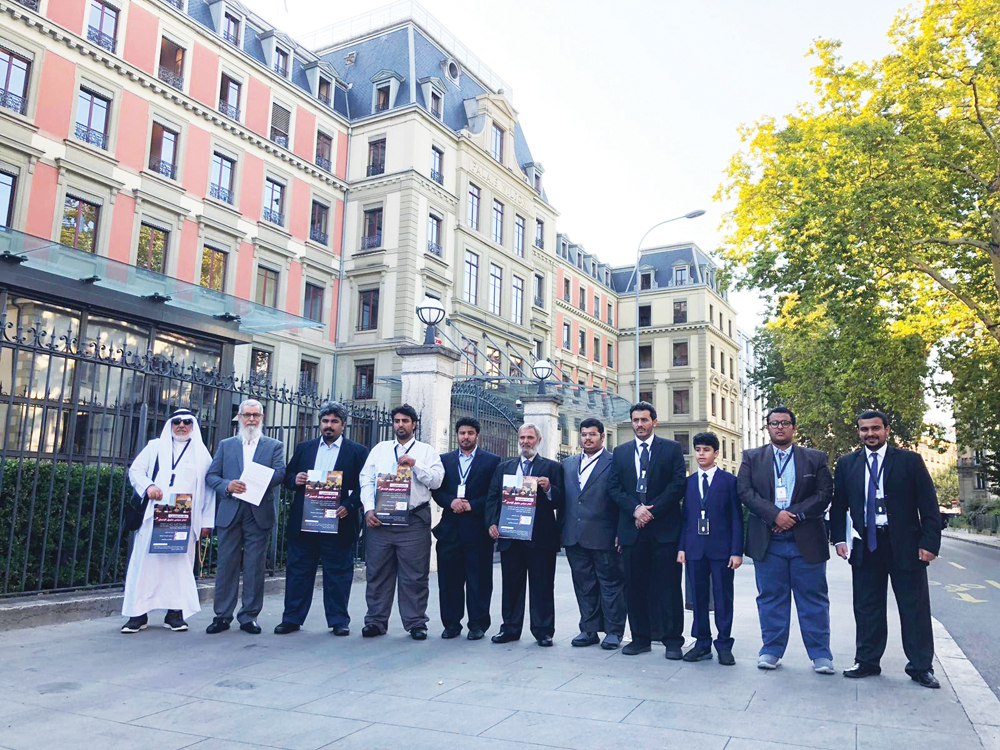
“The night of the so-called coup, I was summoned to the service to carry out my military and national duty. A few days later, the commander of the tank, unit, Hazzaa bin Khalil, who is now the guard commander, summoned me and asked me: ‘Are you member of the Al-Ghufran tribe?’ I said yes. He listed some names of the same unit, who were my relatives and asked me if they also belonged to the tribe? I told him yes. He then said that we were suspended from work until further notice.”
It was a confusing time for many, as Al-Amrah recalls. “The Qatari people lived under the rule of the new emir, Sheikh Hamad, and I was an officer in the Qatari police,” he told Arab News.
“On Feb. 14, 1996, Sheikh Khalifa had told a number of his close relatives and supporters at home that he decided to return to Qatar via Doha military airport on the 27th of Ramadan, asking his supporters to receive him at the military airport.
Opinion
This section contains relevant reference points, placed in (Opinion field)
“Everyone was ready for the return of the legitimate ruler, but the Qataris, including a number of the sons of Sheikh Khalifa, such as Sheikh Jassem bin Khalifa, the-then chief of staff Sheikh Mubarak bin Abdulrahman, and a number of Qatari tribes, including Al-Ghufran, did not know how Sheikh Hamad would react.
“In the event, Sheikh Khalifa could not return because his aircraft was prevented from taking off in France,” he said.
“Sheikh Khalifa then went to the UAE, specifically to Abu Dhabi, in the hospitality of Sheikh Zayed bin Sultan Al-Nahyan.
“At the time, I had traveled to Saudi Arabia for the Eid holidays and to visit relatives,” Al-Amrah said.
“After the failed coup, the Qatari authorities began to investigate and search for those who were supporting Sheikh Khalifa, a large number of whom were Qatari tribesmen and dignitaries belonging to the Al-Ghufran, Al-Kaabi, Al-Suwaidi, Bani Hajjar, Al-Abdullah, Al-Mouhannadi, Al-Kuwari and Al-Thani clans.
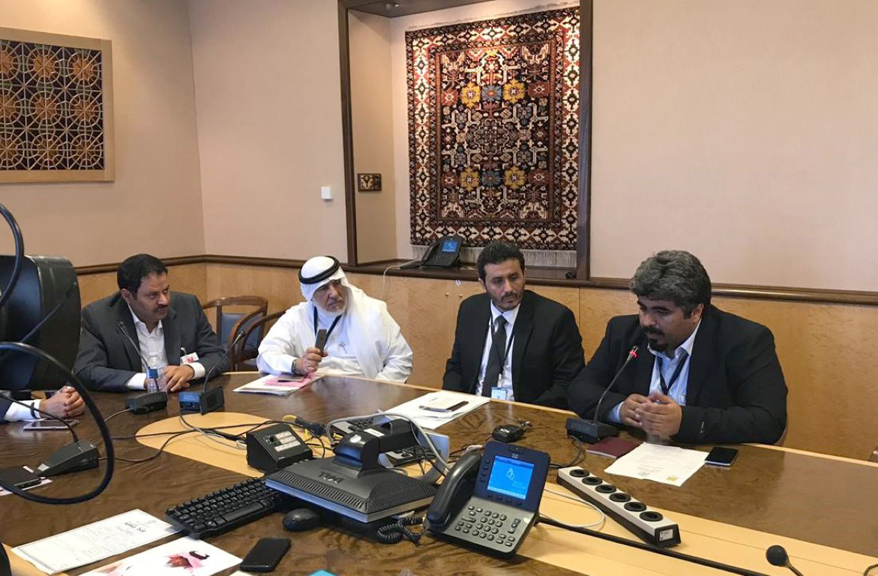
“Many members of the Al-Ghufran tribe who were in the security or armed forces were arrested and imprisoned, including Brig. Bakhit Marzooq Al-Abdullah, who was alleged to be the leader of the so-called coup,” he said.
“After Eid, we knew that there were orders to arrest and imprison all members of the Al-Ghufran clan attempting to return to Qatar. I was afraid for myself and my family, so I decided not to return until things were cleared up.
“We also knew that any Qatari outside Qatar who could not return to his country for fear of what would happen could go to Sheikh Khalifa in Abu Dhabi where he would be welcomed.
“Indeed, I headed to Abu Dhabi, where we were housed at the InterContinental Hotel and received a salary from Sheikh Khalifa. I stayed in Abu Dhabi for four years,” Al-Amrah said.
Qatari authorities charged a total of 121 people over the failed counter-coup. Trials (some in absentia) were held between November 1997 and May 2001.
Charges issued by the prosecutor general’s office included “attempting to depose Qatar’s emir by force,” “holding arms against the state of Qatar,” “disclosing military secrets” and “cooperating and conspiring with foreign countries.”
Hamad bin Jassem bin Jaber Al-Thani, then Qatar’s foreign minister, and Abdullah bin Khalifa Al-Thani, the prime minister, attended the trials as witnesses. At the end of the hearings, 19 alleged perpetrators were sentenced to death and 20 to life in prison, while 28 were acquitted.
None of those sentenced to death was executed.
Saleh Jaber Al-Humran, an Al-Ghufran tribe member, said: “I worked as a guard with Sheikh Khalifa’s guard unit. Before the events, I was absent from work for two consecutive months, so I was put in detention for a whole month.
“Once my detention ended, I wanted to visit my sick mother. On the same day I got out, the so-called coup took place and I was accused of taking part in it. My name was put on checkpoints without any guilt by my part, as I did not know what was going on outside my workplace.”
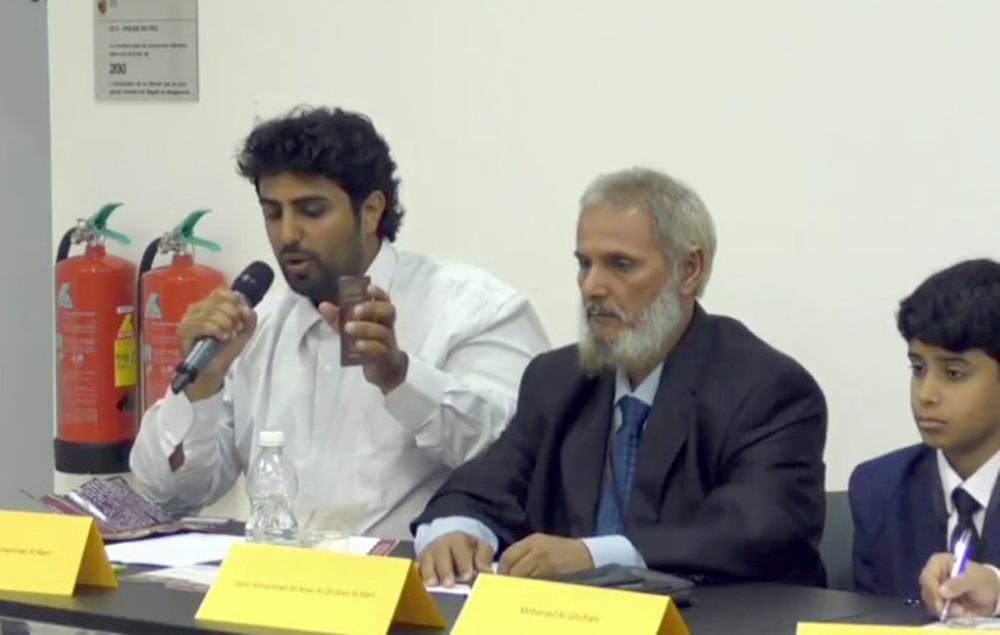
“This is what confuses us the most,” said Al-Kahla, who served in the Emiri Guard. “The Qatari government is still refusing to tell us the reasons behind revoking our citizenship, although it is its duty to justify such a decision.
“From 1996 and until 2019, the government failed to state the true reasons behind revoking our citizenship. The only answer we were given was that Al-Ghufran clan members have dual nationality.
“When I took part in the Human Rights Council in Geneva a few months ago, a media report broadcast about me said that my father took part in the coup. However, the government did not declare this,” Al-Kahla said.
“This is the real reason: We are accused of participating in the coup. My conclusion is that the revocation of citizenship was a reaction to the participation of 21 members of Al-Ghufran tribe in the attempted coup which was perpetrated by as many as 121 individuals, representing 17 Qatari tribes.
“There is nothing surprising in this, even if the justice system was not fair. Some of the accused were released several years later after announcing their innocence, but 6,000 innocent people were targeted without any accusation by the government,” Al-Kahla said.
In 2010, Saudi King Abdullah intervened to get 21 Al-Ghufran tribe members freed from prison, sending Prince Mutaib to secure their release.
Prince Mutaib flew the tribe members, who were still clad in prison outfits, to Jeddah, where they received new clothes and shoes before meeting the king.

Al-Ghufran families ‘arbitrarily stripped of Qatari citizenship’: HRW report“The Unforgiven”: Arab News investigates the plight of Qatar’s Al-Ghufran tribe

